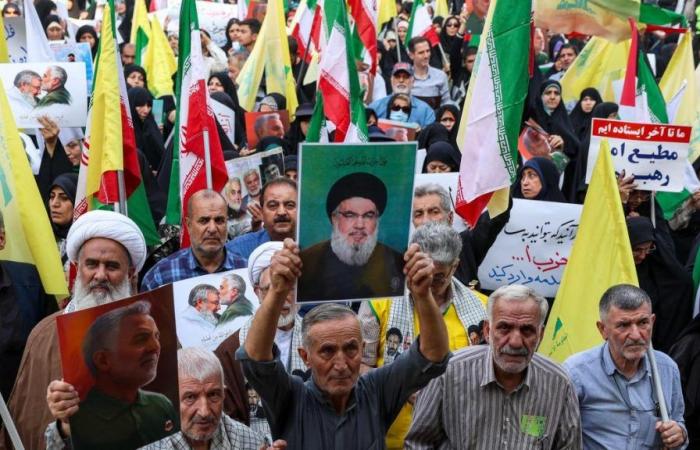JUntil then, the powerful pro-Iranian formation conditioned any ceasefire in Lebanon on an end to the fighting in Gaza between its Palestinian ally, Hamas, and the Israeli army. Hezbollah opened the southern Lebanese front against Israel a year ago to support Hamas.
“On September 27, Hezbollah officially informed the Lebanese government, via Parliament Speaker Nabih Berri, that it accepted the international initiative for a ceasefire,” said this source who declined to be identified. .
Lebanese Prime Minister Najib Mikati was at the UN that day, where an international proposal for a 21-day ceasefire had been initiated by France and the United States, joined by Arab countries.
Mr. Mikati informed his interlocutors of Hezbollah’s position, said this source, and international negotiators were also awaiting approval from the Israeli government.
Also read
Netanyahu threatens the Lebanese with “destruction like in Gaza”
However, Israeli Prime Minister Binyamin Netanyahu affirmed in a speech the same day to the UN that he would continue to strike Hezbollah in Lebanon.
Just after the end of his speech, the Israeli air force carried out a spectacular strike on the southern suburbs of Beirut, a stronghold of Hezbollah, in which its leader Hassan Nasrallah was killed.
Since Nasrallah’s death, the Lebanese government “has no more contact with Hezbollah,” the source said.
But on Tuesday, Hezbollah number two, Naïm Qassem, affirmed that his formation “supports the political efforts led by President Berri which aim primarily at a ceasefire”.
Nabih Berri leads the Shiite Amal movement, an ally of Hezbollah.
Also read
In southern Lebanon, bodies torn apart by war






